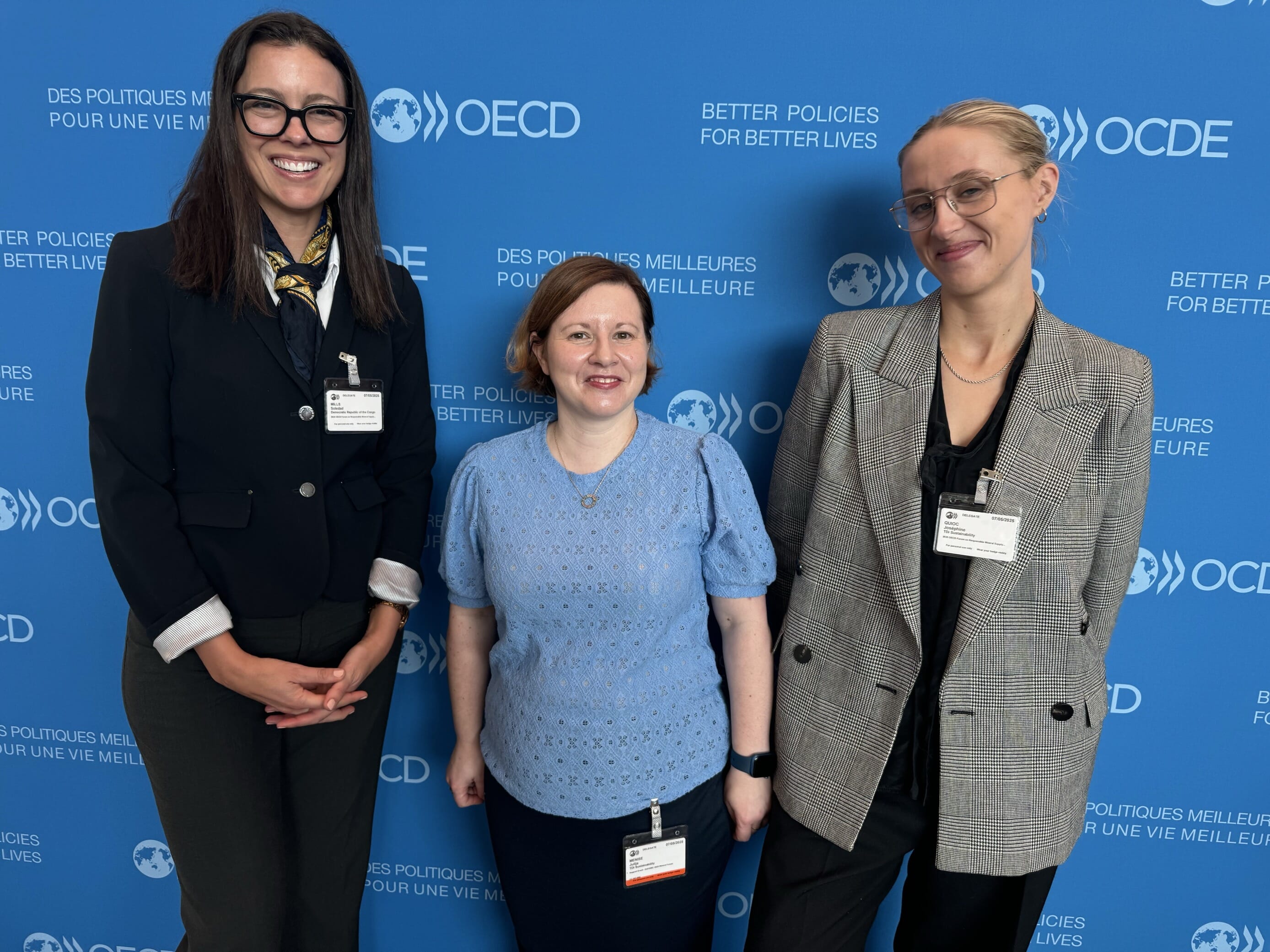
Reflections from the 2025 OECD Forum on Responsible Mineral Supply Chains

From the importance of boots and engagement on the ground, to the need for new collaborative forums to find solutions to auditing challenges, TDi’s Soledad Mills, Assheton Stewart Carter, Julija Menise and Joséphine Quioc summarise some of their key reflections from a busy week at the OECD – OCDE Forum on Responsible Mineral Supply Chains in Paris:
Indigenous Peoples are on the frontlines of critical mineral extraction
A significant portion of critical mineral deposits (54% globally, and over 90% in some regions) are located on or near Indigenous lands, placing Indigenous communities at the centre of the global demand for these resources. Respecting and upholding Free, Prior, and Informed Consent (FPIC) at every stage of the mineral value chain is critical, moving beyond consultation to meaningful, ongoing participation, benefit sharing, and remedy.
ESG is not going away
Whether you call it responsible mining, social license to operate, due diligence, or risk management, identifying and addressing human rights and the environmental impacts of critical minerals is seen as essential at all phases of the mine lifecycle and all stages of the value chain. There are plenty of frameworks that define what responsible practices look like. The challenge is in how to implement them.
We don’t need more data
While data has its place, generating actionable information for responsible mineral supply chains hinges on direct, on-the-ground engagement. This is crucial for gaining contextual understanding beyond numbers, revealing hard-to-identify local impacts, building trust with stakeholders (especially Indigenous communities requiring ongoing FPIC), accurately assessing socio-political risks, ensuring effective implementation of standards, and tailoring solutions to specific local needs. Relying solely on remotely collected supply chain data often lacks the necessary depth and human connection to drive meaningful change.
Investors are driving responsible mining as a way to de-risk their portfolios
As a result of the rise in demand for minerals and metals that are critical to the clean energy transition, financial institutions, including private equity firms, are increasingly supporting resource development in mineral-rich countries. Investors are leveraging their influence to require and encourage responsible mining standards and good industry practices within their portfolio companies. This includes incorporating ESG clauses in financing agreements, conducting enhanced due diligence, engaging at the board level to drive implementation, and working in collaboration and partnerships with other investors, NGOs, and companies.
Auditing challenges can only be addressed if stakeholders work collaboratively
There are challenges at each part of the value chain that cannot be addressed by single companies, or even by a standard setting organisation. There is a need for a forum or forums to build this function jointly. The importance of building collaborative, multi-stakeholder approaches also came through repeatedly in discussions about due diligence being an ongoing journey.
Get in touch to discuss how the key themes of this year’s event affect your business, and how the TDi team can help you at whatever stage you’re at on your responsible sourcing journey.